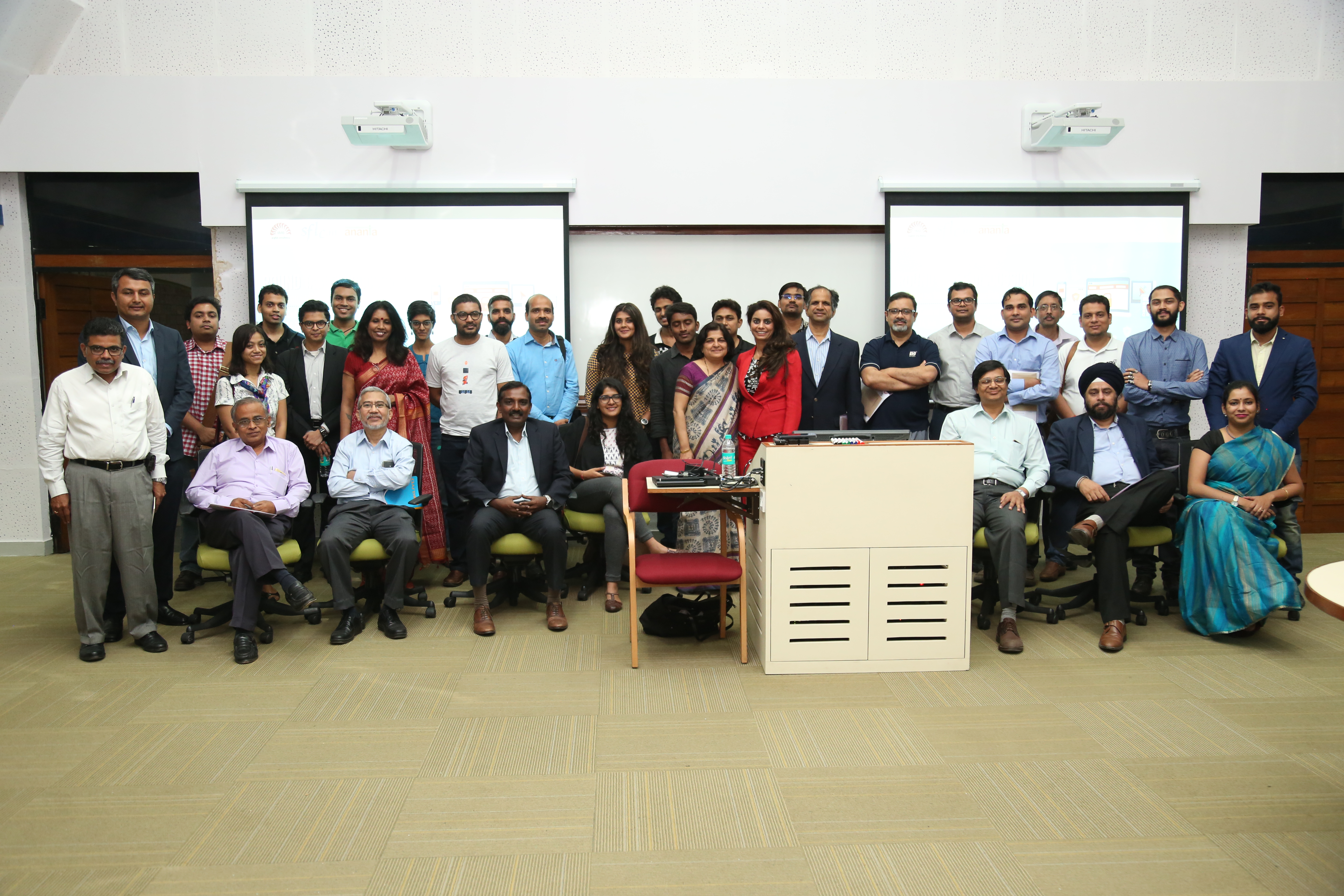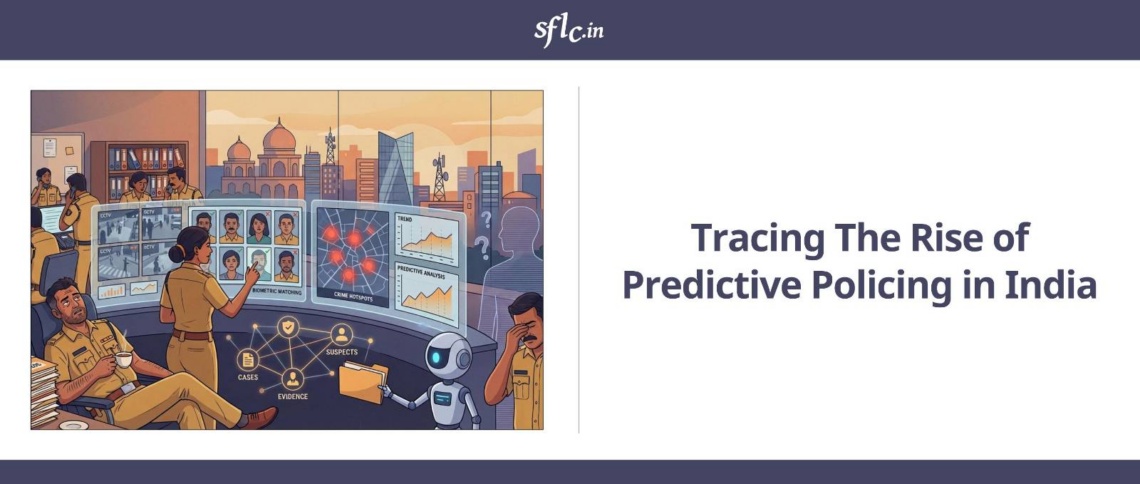Issue was debated at a round table discussion on businesses using innovation to their advantage at the cost of Right to Privacy
Bangalore, February 15, 2018: In a round table discussion hosted by SFLC.in, IIM Bangalore and Ananta Aspen Centre yesterday, several law and technology experts from industry, civil society, and academia, including representatives from Facebook, Flipkart, DXE, Deloitte, NASSCOM and others discussed how India’s data protection law should shape up.
This closed-door discussion under Chatham House Rule covered the key tenets and frameworks to be included in a future law that tackles data protection while safeguarding the right to privacy of the people of India.
Thoughts and concerns were exchanged on how the masses, who are bound to be compliant with government laws and norms of private companies, are effectively forced to giving up a lot of their personal data. The issue of informed consent was debated with participants divided on the practicality of shifting the onus of a decision to private citizens, who may not always have the time, patience or ability to comprehend the key issues at stake.
Many raised concerns on the fact that while a lot of personal data is being gathered, there is insufficient thought given to accountability either by the government or by private entities, although there was a general consensus on the view that privacy should be in-built in the design
process itself. Most participants agreed that a policy of no harm should be followed rigorously by the private sector.
With so much data being collected in the name of innovation, and data breaches/leaks becoming a frequent occurrence, an important question raised during the discussion was whether our Constitution and public rights are subservient to ‘Innovation’. The discussion brought forth divided views on the issue of data being collected and used in the name of innovation. A participant pointed out that what many of us fail to notice is that most of the innovation that has happened is advertising-led, widely used by businesses while we have seldom heard of
innovation being used with the same force for social impact.
Organizing Partners
SFLC.in:
SFLC.in is a donor-supported legal services organisation that brings together lawyers, policy analysts, technologists, and students to protect freedom in the digital world. SFLC.in promotes innovation and open access to knowledge by helping developers make great Free and Open
Source Software, protect privacy and civil liberties for citizens in the digital world by educating and providing free legal advice and help policy makers make informed and just decisions with the use and adoption of technology.
Ananta Aspen Centre:
An independent organization, Ananta Centre is registered under the Indian Trust Act. It focuses on leadership development and encourages frank and open dialogue on the most important issues facing Indian society, to help foster its transformation. The Centre also engages civil society, business, governments and other key stake – holders on issues of importance to India’s development, foreign policy, strategic affairs and national security. The Centre serves as a convening body for exchange of ideas, broadening perspectives and enhancing capacity to create sustainable solutions on a wide variety of issues.
Indian Institute of Management,Bangalore:
Indian Institute of Management Bangalore is a leading research-focused business school in India’s high technology capital, Bangalore. The Institute is in close proximity to some of the leading corporate houses in the country, ranging from information technology to consumer
product companies, giving them the added advantage of integrating classroom knowledge with practical experience. IIM-B is committed to make deep social impact using technology-enabled education. Towards this end, they offer Massive Open Online Courses (MOOCs) through edX, a not-for-profit online initiative of Harvard and MIT that offers online courses from the world’s best universities.




